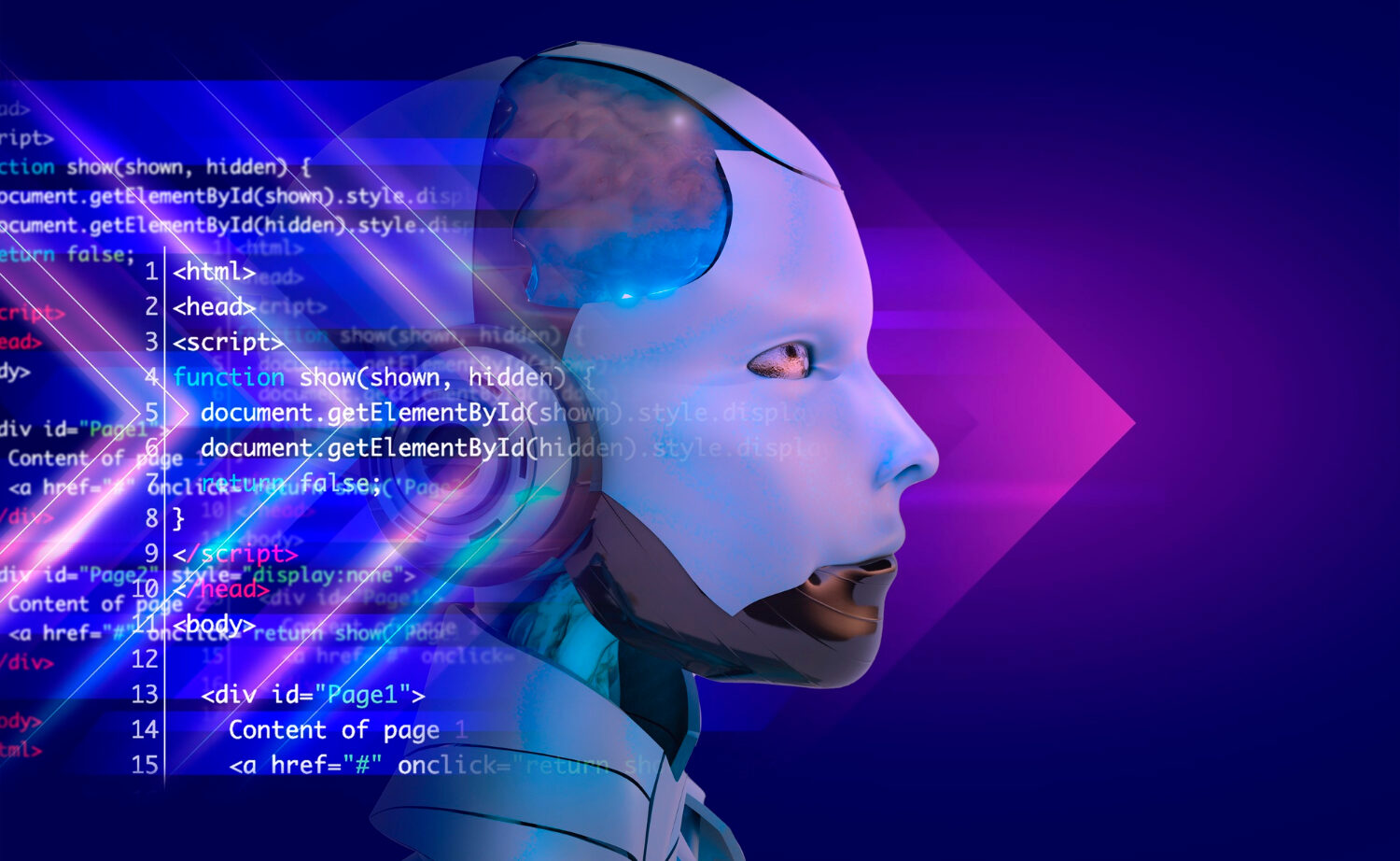
Zendesk CTO: How AI Can Help Transform Customer Service
Customer service is the bedrock of solid business operations and an area where technology can play a crucial role.
Companies have been using clunky, automated systems for many years, and that has frustrated consumers who have come to expect immediate, personal responses.
The reality is that customers expect a lot more from digital customer service now than they used to before the COVID-19 pandemic and artificial intelligence stands to transform customer service even more, according to Adrian McDermott, CTO of Zendesk.
“When we surveyed our customers in early 2023 … we found that more than half of customers would switch to a competitor after just one bad experience,” he said during the Zendesk-sponsored webinar “Transforming customer service: the impact of AI.”
“In nearly three quarters, up to two bad experiences” and they “would find an alternative,” he noted.
“I think one of the sort of longer-term impacts of the pandemic lockdown is so many more people experience digital experiences and digital customer service,” he pointed out. “It raises their expectations in some ways because they’ve got to deal with the best of the world and the best of the web. And they saw what good looks like. And now they have a very low tolerance for bad. And so, I think every organization is challenged really to make a connection with their users and bring technology to bear and meet ever-changing and exceeding expectations.”
 Customer service drives more than two-thirds of customer loyalty, outperforming brand and price combined, according to a study by Gartner.
Customer service drives more than two-thirds of customer loyalty, outperforming brand and price combined, according to a study by Gartner.
Major advances in AI and personalization promise to improve customer service departments. AI may enable businesses to automate processes, alleviate pressure on agents, gain insights from data and improve interactions.
But AI can also lead to a lack of personal connection and concerns about data privacy, security and job displacement also. Expectations around customer experience also differ across generations: what wise elders and spirited youths want are not always the same. AI may bring fast-paced, impersonal interactions that are preferred by some consumers but not by others. It can transform a company’s customer service but how it is implemented requires careful thought — and can harm customer satisfaction if not harnessed properly.
McDermott and the other panelists discussed: how advances in technology and evolving consumer expectations are transforming customer service; what the impacts of AI and personalization are; whether generative AI can be transformative for customer service and, if so, how; the ways in which consumers’ expectations are changing; and how conversational commerce and services change to meet the preferences of different generations.
AI, for one thing, can help companies streamline workflows and reduce expenses so they have the funds to boost reinvestment.
What is important, according to the panelists, is that businesses strike a balance between AI-driven automation and human interaction to enhance the customer experience.
The panel also included Mohamed Abdelsadek, EVP of data and insights and analytics at Mastercard; Kate Leggett, VP and principal analyst at Forrester Research; and Jessica Morton, senior partner at McKinsey. Guy Scriven, U.S. tech editor at The Economist was the moderator.
